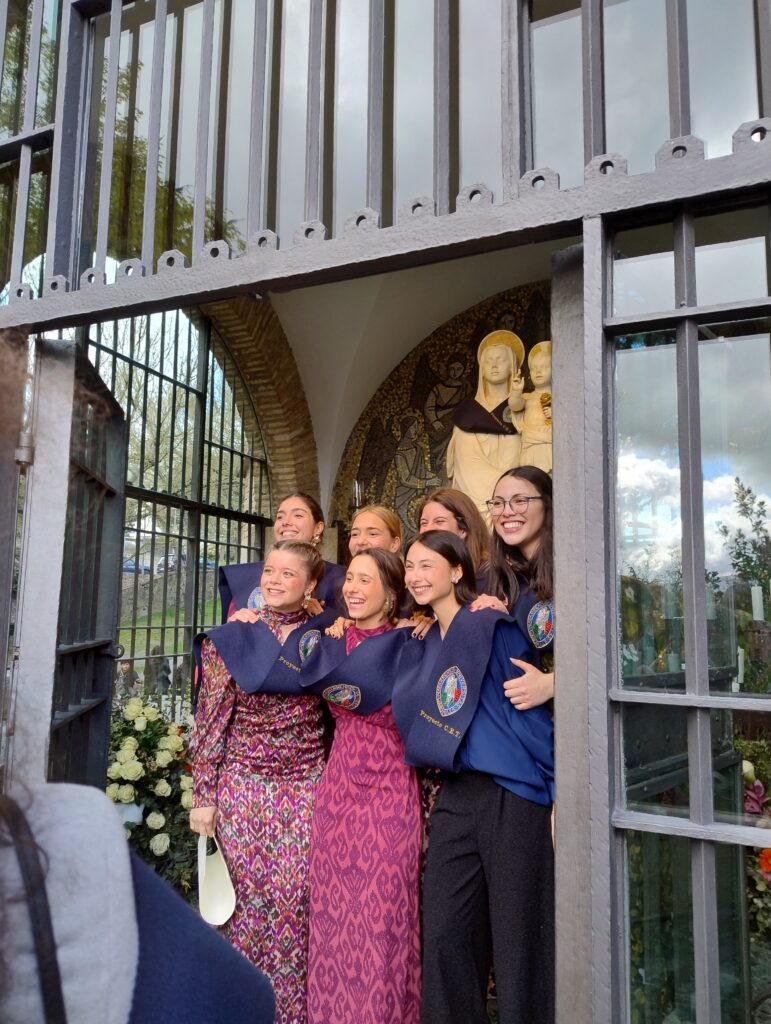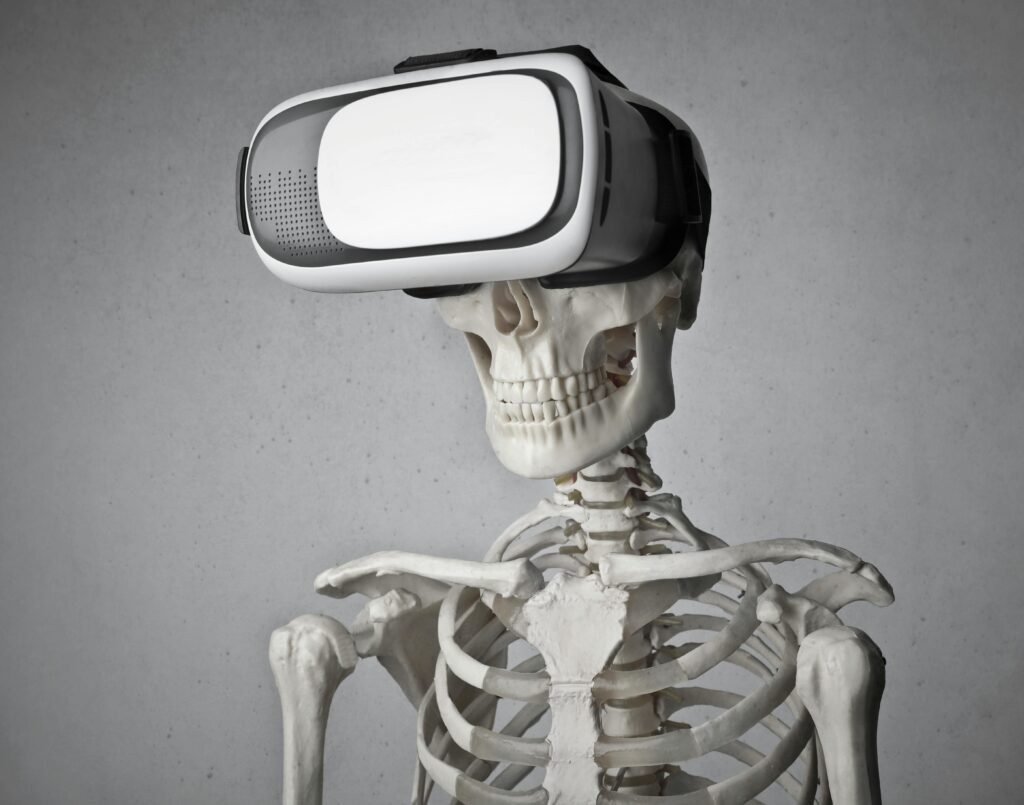Vicente Bellver: “Having children on demand is the clear expression of capitalist culture in the reproductive field”
Vicente Bellver: “Having children on demand is the clear expression of capitalist culture in the reproductive field”

One of the participants in the conference of the Bioethics Observatory of the Catholic University of Valencia (UCV) on the possibilities and risks posed by genetic research was the president of the Bioethics Committee of the Valencian Community, Vicente Bellver. Professor of Philosophy of Law at the University of Valencia, Bellver reflected on the risks involved in genetic editing technology.
Dangers such as children on demand or future scenarios in which a State can force parents to have offspring with certain physical or intellectual characteristics no longer seem like just science fiction plots. In fact, Chinese researcher He Jiankui announced in 2018 that he had managed to genetically edit twins born through in vitro fertilisation to prevent them from developing AIDS, the disease that afflicted their parents. The international scientific community attacked the biophysicist for the great irresponsibility of using an unsafe technique and his country’s government subsequently sentenced him to three years in prison.
He Jiankui’s experiment was heavily criticised, although most of the criticism was based on the current impossibility of controlling the technique. Do you think that the only problem with genetic editing is the safety of the technology?
First of all, the universal consensus is, indeed, to maintain the prohibition of genetic editing in the human germ line; that is, intervening in the genes of the sexual cells, the gametes, or the early embryo, not only to modify the characteristics of that newly formed individual, but of all its offspring. It is expected that at some point genetic editing techniques will become sufficiently safe, but I think it will be more difficult than we think.
Human biology is so rich and complex that it is difficult to reduce it to a mechanism that can be altered with relative ease, as if it were an engineering exercise. But assuming that it becomes possible to edit people safely, we should ask ourselves if we consider that progress without more, progress with risks, or a danger for humanity.
It is hard to think that anyone would be able to defend the first option.
I think no one would do so, because thinking about editing human beings is thinking about the innumerable risks that can arise from misuse; starting with the establishment of new forms of eugenics, editing people who have characteristics that we consider socially more valuable. It would not be about eliminating the least fit, but rather about producing those human types considered superior or more excellent.
This risk is accompanied by the risk of seeing genetic ‘variety’ reduced. If we start to discard characteristics that seem less suitable to us, focusing on certain types, in the end we could find that the genetic heritage of humanity is losing diversity. Probably, decreasing these differences in genes would also lead to problems in terms of maintaining the conditions of adaptation to the most diverse circumstances that have been characteristic of us until now as a species.
You have previously recalled that the genetic editing of an individual would also be that of all its offspring.
That is another of the risks. In the long term, supposedly well-intentioned genetic editing can have unexpected side effects. Even if we guaranteed the safety of the children edited in this way, even of their future children, what would happen to the great-great-grandchildren of these people is unpredictable, and let alone with generations further away in time. Accepting genetic editing without problems is unfeasible.
We are then left with only two positions on this matter; progress with risks or danger for humanity.
Yes, the first position is the one that many would defend: genetic editing is a technological advance that could be of great benefit to human beings, which entails risks, and they must be combated so as not to lose the advantages. Regarding this point of view, I think it is extremely difficult to prevent these risks from occurring through law.
On the other hand, there are those who claim that editing human beings is a mistake and should not be done. Habermas is one of them, for example. He believes that no one is entitled to define the genetic characteristics of another person. The moment we consent to that, we would lose the symmetry in the conception that all of humanity shares. We have all been conceived as genetically unpredictable beings.
With genetic editing, some would become beings predicted with certain characteristics by the people who have decided to make them in that particular way. I think that should be understood as a kind of domination of the editors over those edited, which contributes neither to the freedom nor to the development of those people.
And what position do you take?
There is another way of looking at the matter, in addition to those three, which also considers the editing of humans to be a mistake, but qualifies that it could be accepted in an exceptional way to avoid congenital diseases, especially those with a fatal prognosis; Pathologies such as sickle cell anaemia, which manifests itself at an early age, have a very serious development and could be solved with a relatively simple genetic intervention. It seems to me a reasonable approach, although it raises a doubt: would it be possible to contain the use of this technology only for this purpose?
Let us imagine that things were much worse, that genetic editing were allowed for human selection purposes or to satisfy the whim of parents who want their child to have blue eyes. There are many voices that approve this approach.
Considering genetic editing as an opportunity for parents to have children to order, defining the characteristics that they consider best for their children and their offspring, is a simple exercise in arrogance and the clear expression of capitalist culture in the reproductive field. A culture in which one looks for quality products, safe products, products that satisfy them. The problem is that the parent-child relationship does not fit these patterns at all.
Children must be a surprise for the world and a surprise for the parents. Naturally, we often project all our desires onto them; we would like them to be a certain way. Editing your child would undermine the foundations of a correct parent-child relationship, in which parents serve their children to facilitate their free development. Choosing genetic characteristics based on our desires, far from helping them, would oppress them.
A child, for example, who complains about having a big nose knows that he cannot demand responsibility from anyone, that is why that nose was given to him. He must direct his life from that nose and from all its characteristics. If I and my wife decide the musculature of my son, who I want to be athletic, perhaps one day he will ask me: “Why did you make me like this? It could have been different. What I like is to read and live quietly, and I do not recognize myself in this body.”
Those who are happy with the changes made by their parents could present you with a counterargument, Don Vicente.
Well, there are those who think that editing a child with great intelligence, great muscles, a reasonable height and an attractive physical appearance cannot harm anyone, that everyone will love him. Of course, as if people who have all these characteristics were exempt from trauma; or as if many opportunities in life did not arise for people who do not have them. What is more, having these supposedly ideal traits, perhaps they would never have developed certain abilities.
Since you are the president of the Bioethics Committee of the Valencian Community, let me raise another question for you: the use of embryos for research. For or against?
The European Convention on Human Rights and Biomedicine says that the human embryo must be treated with due respect and prohibits the creation of these for research purposes. Or what is the same: the human embryo is not a simple mass of cells that can be used without problems. It is the human being in its first stages of development.
There are those who say that the same respect should not be given to human beings who are born, that they are not the same.
I do not know of any compelling reason that justifies unequal treatment of a human being based on the stage of their development or the place where they are.
I understand then that you are against using surplus human embryos from assisted reproduction to research genetic editing, among other options.
It is true that there are many such embryos and it is not clear what to do with them. Between the option of discarding them or using them for research, some in the world of bioethics lean towards the latter. In my opinion, this position legitimises their consideration as instruments, which seems unacceptable in itself and also because of the consequences it could bring. Faced with the alternative of using or discarding, a third possibility should be considered: that these embryos can be adopted and the rest given a decent burial.
With regard to genetic editing, it is obvious that this technology cannot be developed safely if sufficient research is not done with early embryos. If one understands that the human embryo deserves consideration analogous to the human being or that, even if inferior, it does in any case deserve it, it seems difficult to authorise research leading to guaranteeing safe human genetic editing. Many embryos would have to be used and that is not acceptable.
Have you distinguished between human embryo and human being?
No, I was referring to the consideration of those who believe that the human embryo is not the same as an adult human being. It is true that they are not ‘the’ same, but they are ‘the’ same. Of course I am not the same when I am two years old as when I am eighty. None of my baby cells are maintained when I reach old age. However, I am the same individual who began to exist at the moment when my father’s sperm and my mother’s egg fused.
At that moment a new entity was formed with a completely original genetic code and with the potential to develop by itself until it reaches maturity and then its gradual decay and death. To the question “When did I begin to exist?”, it seems very difficult to find an answer other than “when I was conceived.”
Department of Communication – Catholic University of Valencia
 (EN)
(EN)
 (ES)
(ES)
 (IT)
(IT)





